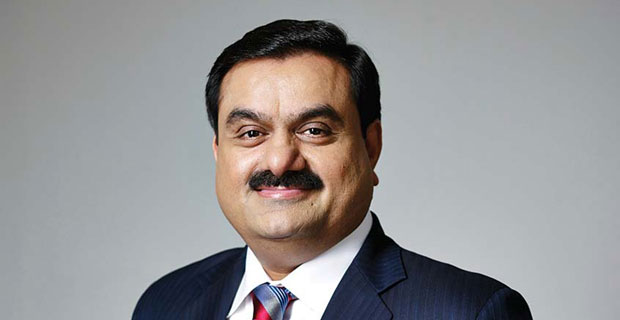“India will produce world’s cheapest hydrogen”
Adani Group Chairman Gautam Adani said that policies to manage and overcome the climate change crisis must be equitable and pragmatic. Speaking to business leaders on the sidelines of the UK’s Global Investment Summit at the London Science Museum, he noted that green policies and climate action not based on equitable growth will struggle in the long run.
Decision makers, he said, must consider the voices of the vulnerable when developing climate strategies and mitigation measures. He also suggested that a collaborative approach was needed wherein developed nations, which have emitted more greenhouse gases over time, shoulder greater responsibility and propose policies and targets that fairly address the needs of the developing world.
“While net zero targets are much needed, a company’s sustainability initiatives must be aligned with the nation’s sustainability goals,” said Adani. “One must recognise that India has already demonstrated its commitment through the bold stand taken by Prime Minister Narendra Modi since the 2015 COP-21 summit and India has emerged as one of the most responsible major nations in the world when it comes to addressing climate change. However, at the heart of any nation’s sustainability journey lies the principle of equitable growth, and a net zero number unaligned with a nation’s development agenda may end up creating greater disequilibrium across the global sustainability initiatives.”
“We are putting money where our mouth is,” added Adani, “and the portfolio companies of Adani are leading the way with investment plans to honour the nation’s commitment”. Adani’s logistics utility APSEZ has committed to the 1.5-degree pathway through SBTi (Science Based Targets initiative) as has AGEL, Adani’s renewable energy company. Adani Transmission has also made the same commitment and the other portfolio companies are working towards committing to the 1.5-degree pathway. Adani is also incubating the first Indian data centre company that will power all its data centres by renewable power by 2030.











Comments.